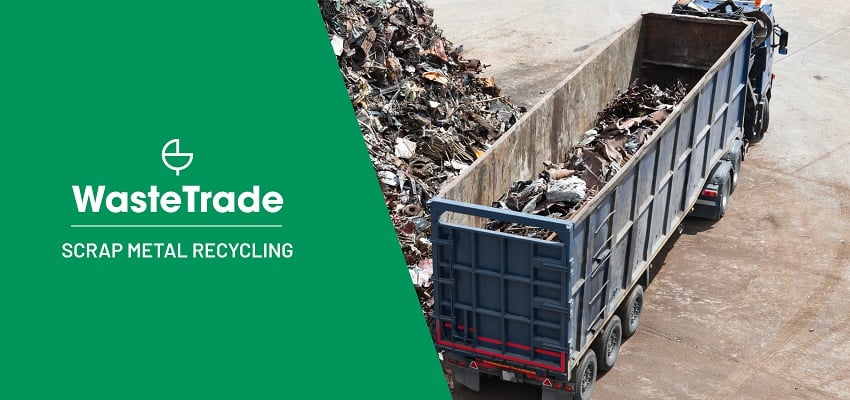Scrap Metal Recycling

The Benefits of Scrap Metal Recycling
Scrap metal recycling is an essential part of waste management in the UK. Recycling scrap metal reduces the environmental impact of mining and extracting new metals from ores, conserves natural resources, and saves energy. It also provides economic benefits by creating jobs and reducing the cost of producing new products. Here are some of the key benefits of scrap metal recycling:
1. Environmental Benefits: Recycling scrap metal reduces the need for mining and extracting new metals, which can be harmful to the environment. It also reduces greenhouse gas emissions, as it takes less energy to recycle metal than to produce new metal from raw materials.
2. Economic Benefits: Recycling scrap metal creates jobs and contributes to the UK economy. It also reduces the cost of producing new products, as recycled metal is often cheaper than virgin metal.
3. Conservation of Natural Resources: Recycling scrap metal conserves natural resources such as iron ore, aluminium, and copper. By recycling scrap metal, we reduce the need to mine and extract new metal ores, which can be damaging to the environment.
4. Reduction of Landfill Waste: Recycling scrap metal reduces the amount of waste that goes to landfill, helping to reduce the environmental impact of waste disposal.
How to Recycle Scrap Metal

Recycling scrap metal is a simple process that involves collecting, sorting, and processing the metal waste. Here are the steps to recycle scrap metal:
1. Collection and sorting: Collect your scrap metal waste and separate it into ferrous and non-ferrous metals. Ferrous metals are those that contain iron, such as steel and cast iron, while non-ferrous metals include aluminium, copper, brass, and stainless steel. These types of metals must be separated as they have different recycling processes.
2. Preparation: Prepare the scrap metal for recycling by removing any non-metallic materials such as plastic, rubber, or wood. These materials can interfere with the recycling process and reduce the quality, and therefore the value, of the recycled metal.
3. Recycling: Once the scrap metal is sorted and prepared, it is sent to a scrap metal recycling facility, where it is melted down and processed into workable material that can be used in the manufacturing of new metal products.
When recycling scrap metal, it is important to choose a reputable and licensed scrap metal recycler that complies with environmental regulations and health and safety standards.

Scrap Metal Recycling Services
Businesses that produce significant amounts of scrap metal can use the WasteTrade online marketplace to access reliable and sustainable recycling services for their scrap. WasteTrade connects waste producers with a global network of fully verified and accredited recyclers to help them turn their waste streams into revenue streams. WasteTrade handles the haulage of material and generates all compliance documentation to remove these burdens from our users, and to make sustainable recycling services easily accessible for all.
Conclusion
Scrap metal recycling offers several benefits to the environment, the economy, and the general public. Recycling scrap metal reduces the environmental impact of mining and extracting new metals, conserves natural resources, and saves energy. It also provides economic benefits by creating jobs and reducing the cost of producing new products, as well as shifting the economy towards a circular model. If you are looking to recycle scrap metal, it is important to choose a reputable and licensed scrap metal recycling service that complies with environmental regulations and health and safety standards.
